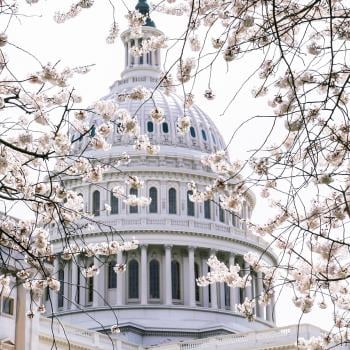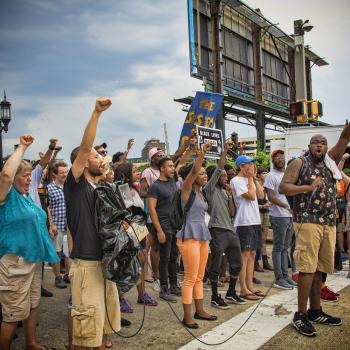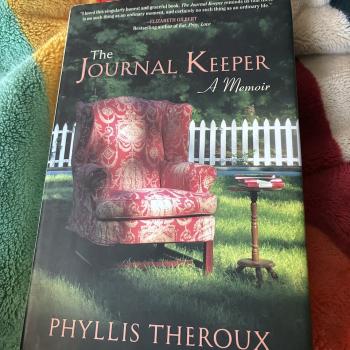A lot of the work I do is around equipping parents and caregivers to talk to their children about race. Whether these conversations happen on a stage, in a school cafeteria or at a private backyard event, engaging in the conversation “early, often and honestly” is key – for all of us and for all of our children. This is part 1 of a 5-part series based on a series of workshops.
—

Perhaps like you, I oftentimes feel like I stumble into hard conversations.
Before I had kids, of course, I thought I had it all figured out. I figured, because of my vocational background in education and youth ministry, that the baby and toddler years of parenting might be hard, but once we got to the elementary years, we’d be golden.
My children and I would engage in conversation easily, seamlessly, without a care or thought or worry in the world. We’d talk about the hard subjects because I wouldn’t afraid to ask the hard questions, and I certainly wouldn’t shy away from letting them speak hard answers.
But when I had kids, all of those perfectly aligned thoughts that lived in my head seemed to tumble down like a haphazardly-built Jenga tower. When it came to conversations of race, even though I had begun leaning into my own racial identity, including what it meant to engage with and relearn new pieces of old history, I didn’t know how to broach the conversation.
Because, how do you say that Daddy has brown skin and Mama has light skin and together God made you a perfect, in-between shade of both colors?
How do you respond when you think your five-year old son is playing with Legos, absorbing nothing of the nightly news on in the background, but then asks you why the lady on the television is talking about a man being killed for having dark skin?
And how do you talk about things like race when you don’t even know how to talk about it yourself, when you’re still trying to understand the whole concept of white privilege because (in your privilege) you never had to understand the concept before?
Well, you just do it. You just start talking about it now. And this is the first step, because talking with kids about race starts with a single action: ENGAGE NOW.
You don’t wait until you have it all figured out, but you take the first step and you buckle up and you talk about it this afternoon. As my friend Jemar Tisby says, you commit to having the conversation early, often and honestly. And you keep having the conversation over and over again, even if you’re not sure if you’re saying the right things, even if you have to push the rewind button and apologize and start all over again the next day.
Think about it this way: children are always trying to make sense of the world around them. They want to understand why something works and how something fits together – as such, children constantly seek to compartmentalize all the pieces of the puzzle, so it makes sense in their brains.
Talking to kids about race is no different: as I write about in my book, because children as young as six-months old notice differences of race and are therefore able to develop race bias, it’s crucial that we as parents and caregivers be the first to help put the pieces of the puzzle together.
We don’t wait until a child reaches a certain, magical age to have “The Conversation,” but we engage, now. We talk about it, now. We make it normal, now.
And this “we” is for all of us. According to a recent study from the Sesame Workshop, 61% of black parents, 56% of Asian parents and 27% of white parents regularly “make normal” conversations of race.
After you crunch the numbers, that means that over 60% of parents aren’t talking about race with their children.
But it doesn’t have to be this way. We can start talking with kids about race, today. We can start donning our Big Girl and Big Boy suits and we can enter the conversation, today.
And early, often and honestly, we can engage as learners alongside our children, wide-eyed to learn and grow and make new discoveries about the world around us.
—
So, what are your children noticing? How are you talking to your kids about race, now?
*Post contains Amazon Affiliate links













